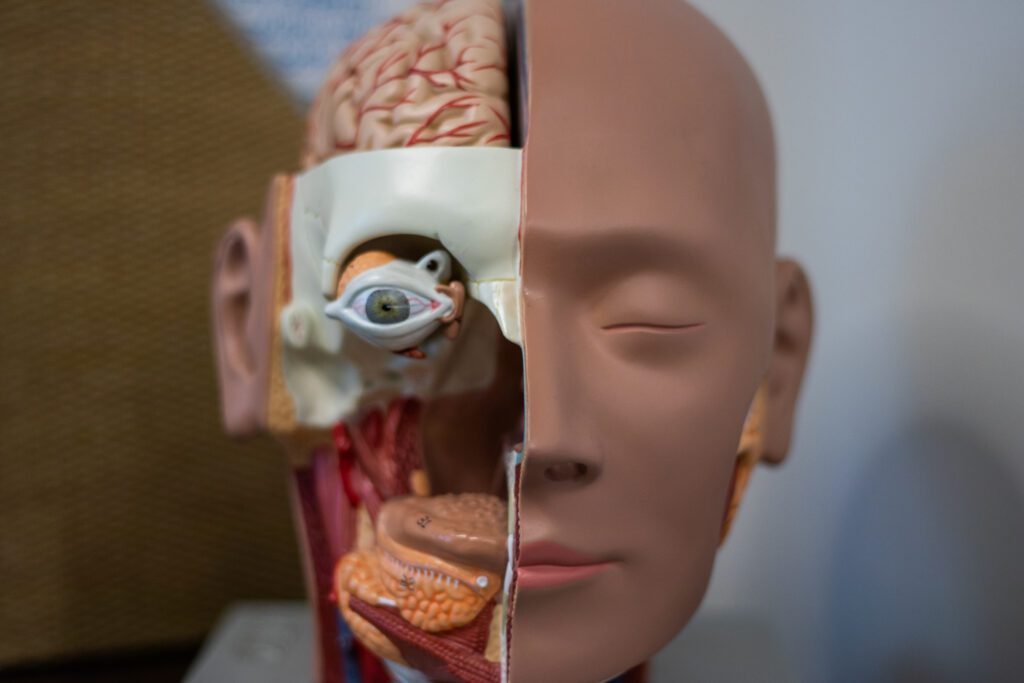Apolipoproteins
Apolipoproteins (Apo) are distinguished into ApoAI, ApoAII, ApoAIV, ApoB48 and B100; ApoCI, ApoCII, ApoCIII, and ApoE. Specifically, apolipoprotein E (ApoE) is a protein in human plasma and its main function consists in its participation in lipid metabolism. It is a structural element of chylomicrons, VLDL, LDL and a subgroup of HDL lipoproteins. However, it is also distributed in all areas of the brain, while it is synthesized and secreted mainly by glial cells, especially astrocytes.
Alzheimer's
Intraneuronal ApoE has been identified in the human brain of healthy individuals and individuals with Alzheimer's disease. ApoE is the major apolipoprotein in the cerebrospinal fluid, where it circulates as a small globular and discoid lipoprotein, transporting cholesterol and phospholipids between cells with the goal of maintaining homeostasis in the brain environment.
The gene expressed by ApoE is located on chromosome 19 and is polymorphic, i.e. it has three forms and creates three forms of ApoE (ε2, ε3, ε4). 6 genotypes are thus created (ε2/ε2, ε3/ε3, ε4/ε4, ε2/ε3, ε2/ε4, ε3/ε4), which means that every person has in his genes one of the above combinations. The ε4 form of ApoE has been associated with significantly higher cholesterol levels in his blood
human compared to people who have ApoE ε3 and ε2. It is now known that people who are homozygous for ApoE ε4 (i.e. have ε4/ε4), have 40% an increased risk compared to people who carry another form of the protein for coronary heart disease because they circulate more cholesterol in their blood and create it more easily atheromatous plaques. Also carriers of this gene have a larger
possibility of developing Alzheimer's disease due to the increased accumulation of the neurotoxic oligomeric amyloid Aβ and the creation of amyloid plaques in the Central Nervous System that are characteristic of the disease.
Thus, people who are carriers of the ApoE-ε4 gene (especially homozygotes) and if they also have cases of Alzheimer's disease in their family present an increased risk of developing dementia compared to people who do not have ApoE-ε4. In the US, according to Raber et al., an estimated 23% of the general population are ApoE-e4 carriers (heterozygotes) and 2 % are ApoE-e4 homozygotes. While
it is estimated that 65% of Alzheimer's disease patients carry ApoE-ε4.

















